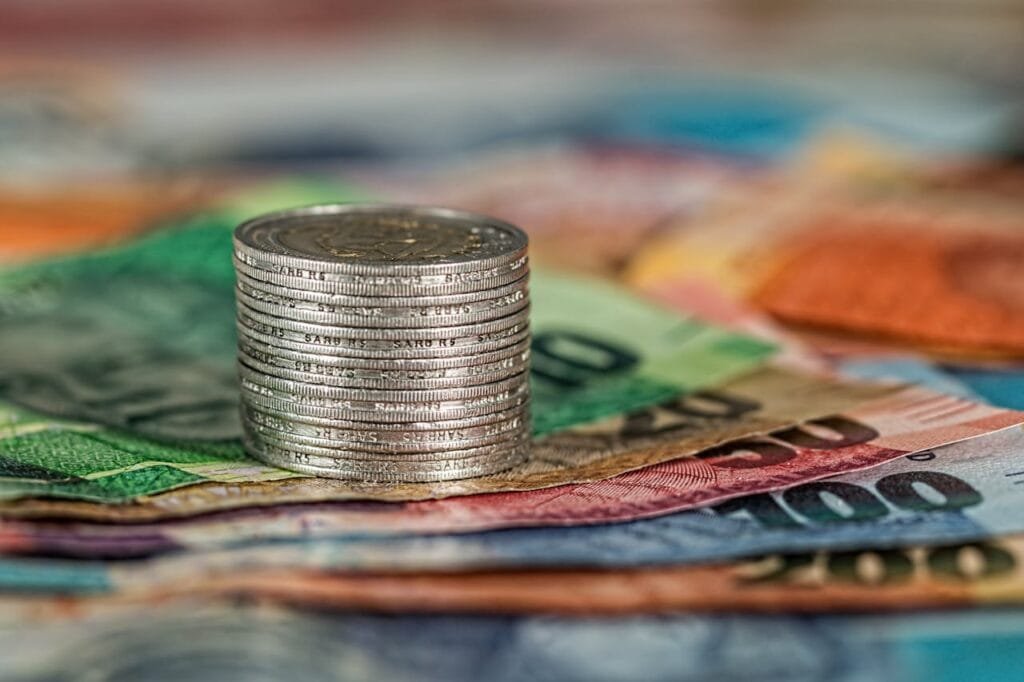Key Economic Calendar events from the Eurozone to watch out for this week
— last modified 04 February 2008 Sweden joined the European Union in 1995 and has not yet adopted the euro, but in accordance with the Treaty it will do so…
— last modified 03 February 2008 Greece joined the European Union in 1981, and adopted the euro in 2001 in time to be among the first wave of EU countries…
— last modified 03 February 2008 Germany is a founding member of the European Union and was one of the first-wave EU countries to adopt the euro on 1 January…
— last modified 03 February 2008 Denmark joined the European Union in 1973. It has negotiated an opt-out from the euro and is thus not obliged to introduce it.AdvertisementDenmark at…
— last modified 03 February 2008 The Czech Republic joined the European Union in 2004 and is currently preparing to adopt the euro.AdvertisementThe Czech Republic at a glanceSurface area: 78…
— last modified 03 February 2008 Bulgaria joined the European Union on 1 January 2007 and has committed to adopt the euro once it fulfils the necessary conditions.AdvertisementBulgaria at a…









